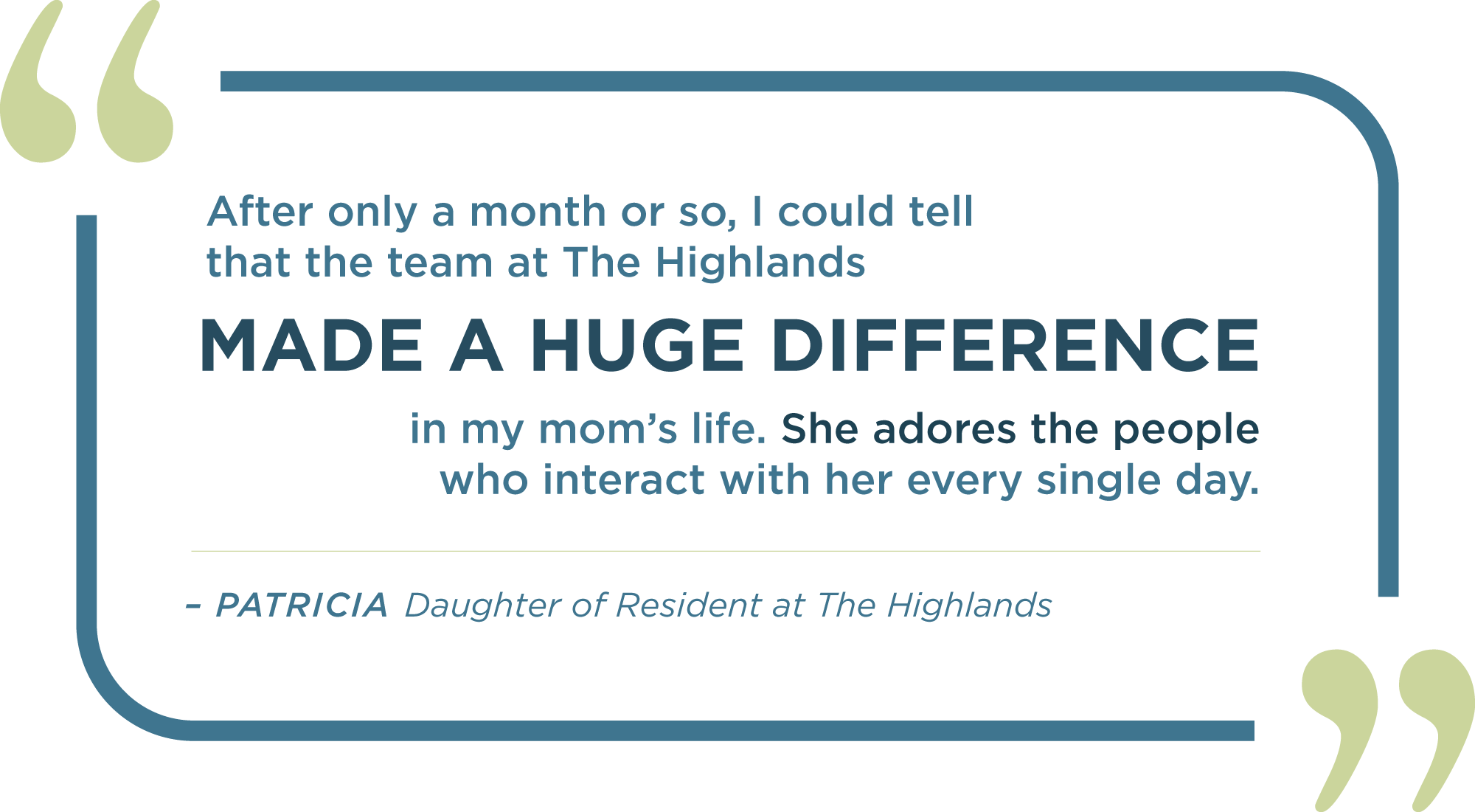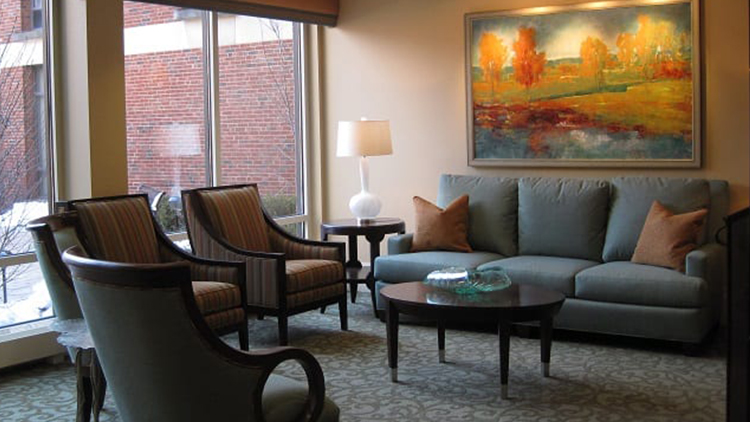Who Qualifies for Assisted Living?
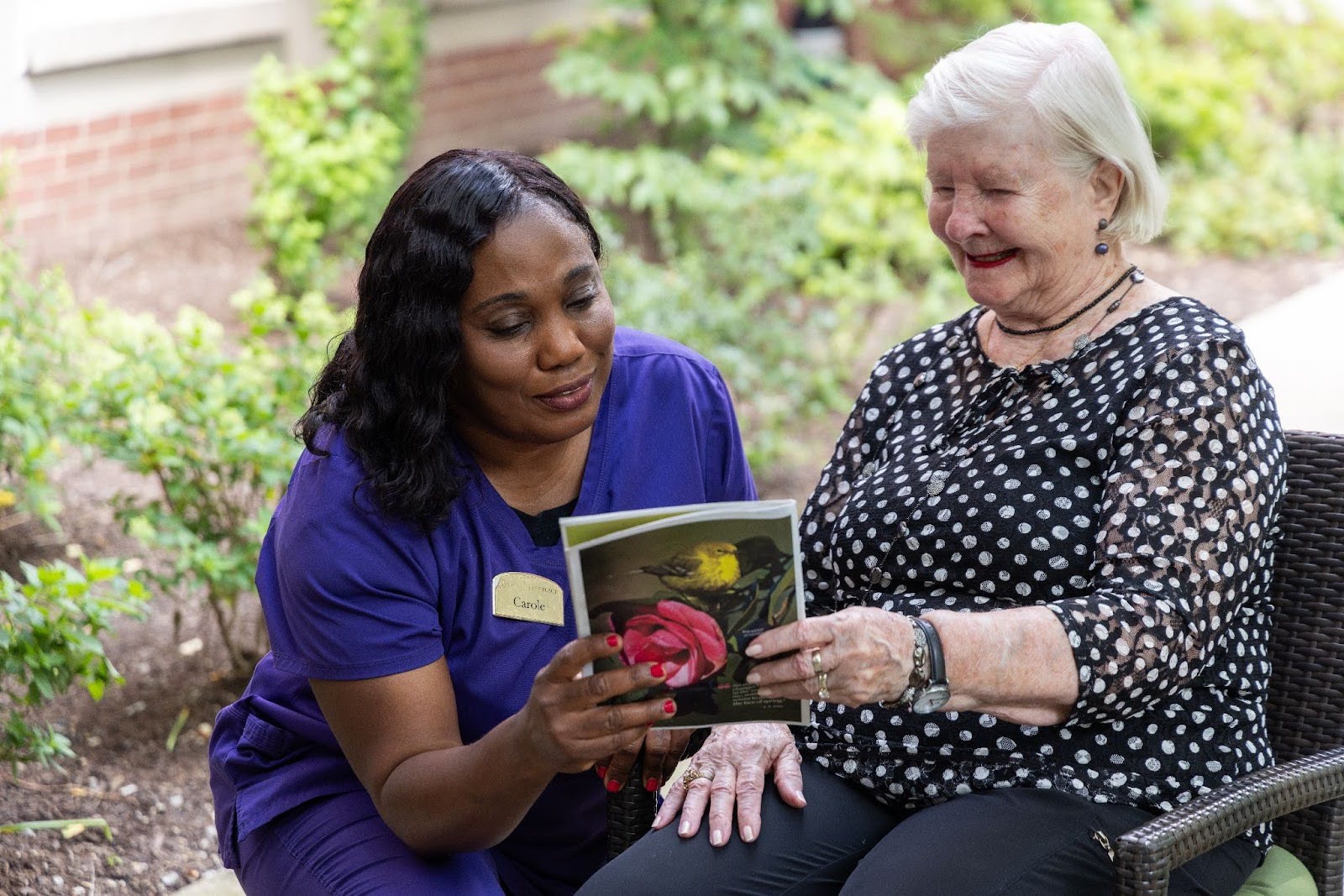
When your loved one needs additional assistance with their daily life, you may start to look at assisted living as the solution. It’s important to understand that your loved one will likely need to qualify in order to transition to this type of care.
We can help explain how assisted living can help your loved one and explain who qualifies for assisted living, who doesn’t qualify, and what you should do if your loved one does meet the criteria necessary to require more supportive care.
What Are the Qualifications for Assisted Living?
Your loved one will need to meet certain requirements to determine if they’re eligible for assisted living. These following points may qualify your loved one:
Age
Assisted living communities are generally designed for older adults aged 65 and older. While age serves as a guideline, exceptions are made for those with specific needs or conditions warranting the benefits of assisted living.
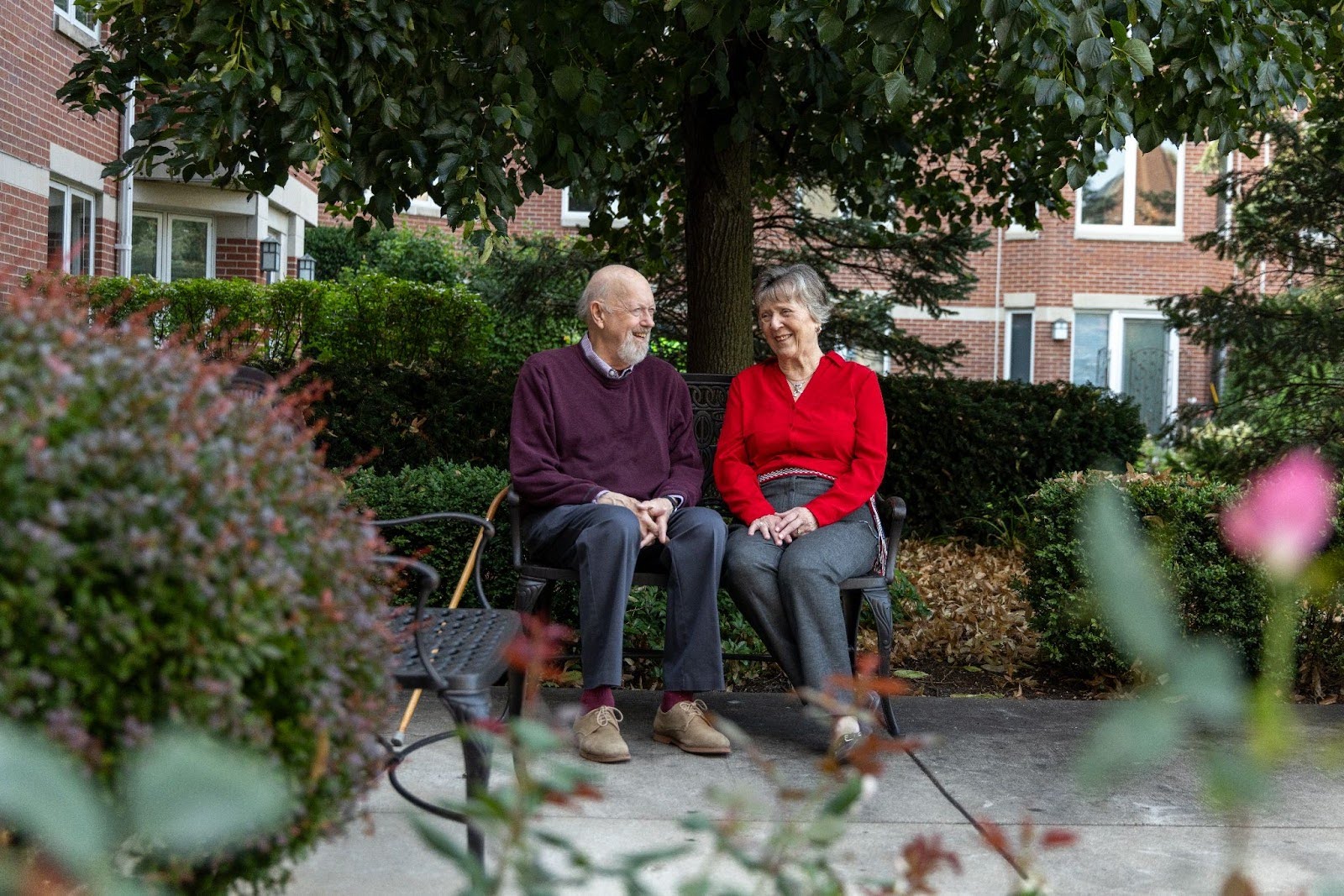
Support with ADLs (Activities of Daily Living)
Assisted living provides invaluable support to older adults in performing activities of daily living (ADLs), recognizing that these fundamental tasks are integral to maintaining independence and well-being.
ADLs include:
- Grooming: Trained nurses offer support with personal grooming tasks such as bathing, hairstyling, and maintaining proper hygiene. Older adults receive assistance while preserving their dignity and autonomy, ensuring they look and feel their best.
- Dressing: Nurses help residents select appropriate clothing, manage fasteners, and address any mobility challenges associated with dressing. Assisted living encourages residents to dress independently when possible, fostering a sense of accomplishment and self-sufficiency.
- Monitoring: Assisted living communities employ vigilant monitoring to track various health indicators, ensuring early detection of any potential issues. Nurses assist with medication management, ensuring that residents take prescribed medications as directed for optimal health.
If your loved one may need help with any of the points above, they could be eligible for a higher level of care.
Physical Assistance Needs
If your loved one has physical limitations impacting their ability to perform daily activities independently, they often qualify for assisted living. This can include challenges related to mobility or difficulties with routine tasks like cooking and cleaning.
Memory Impairments
Assisted living communities frequently offer specialized care for individuals with mild to moderate memory impairments, such as Alzheimer’s or dementia. Tailored memory care programs are designed to meet the unique needs of residents with cognitive challenges.
Stable Health
Assisted living is well-suited for older adults with stable health conditions that do not necessitate continuous medical care. While residents receive support with daily tasks, these communities are not equipped for those requiring intensive medical monitoring.
Who Doesn’t Qualify for Assisted Living?
Now that you know what can qualify your loved one for AL, you’ll also want to know what signs can indicate that this level of care isn’t a good fit to meet their needs. These two main points can indicate that your loved one needs a higher level of care.
High Medical Assistance Needs
Older adults with complex medical conditions demanding frequent medical attention or skilled nursing care may find assisted living to be insufficient.
Unstable Health Conditions
Individuals with rapidly declining health or those requiring intensive medical intervention may not be suitable candidates for assisted living.
In these cases above, higher levels of care like skilled nursing may be a better fit for your loved one’s health care needs.
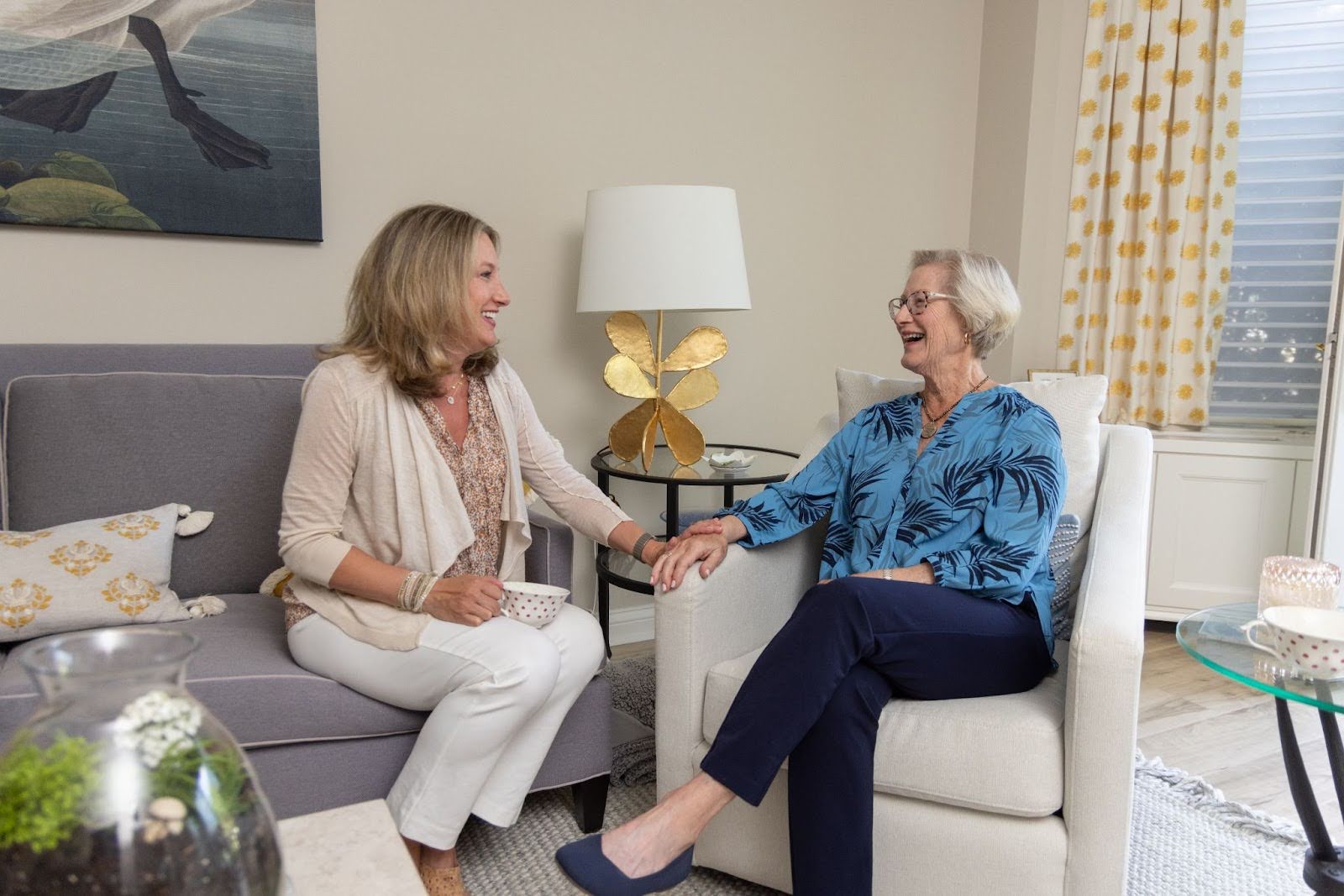
Requirements to Meet after Qualifying
If your loved one does qualify for assisted living, there are some ongoing requirements to ensure they’re getting the care they need and that they’re in the right level of care.
1. Health Assessments
Engaging in routine health assessments is essential to tailor assistance levels and ensure that the care aligns with your loved one’s evolving needs.
These assessments enable a proactive approach to care, identifying any emerging health concerns promptly and addressing them with timely interventions.
2. Provide Medical History
Your loved one will be encouraged to provide a comprehensive medical history, offering valuable insights into their health background and potential risk factors.
The information shared contributes to the development of personalized care plans, ensuring that they receive individualized attention based on their unique health considerations.
By actively participating in health assessments and sharing medical histories, your loved one will contribute to their own well-being and enable the community to deliver care that aligns closely with their specific health needs.
Visit The Highlands Assisted Living at Lake Forest Place
With personalized care plans, assistance with ADLs, and a vibrant social environment, The Highlands Assisted Living at Lake Forest Place is not just a residence; it’s a place where your loved one can thrive in the picturesque setting of Lake Forest, IL.
Offering newly available studio apartments, The Highlands is committed to enhancing the well-being of its residents.
The Highlands Assisted Living at Lake Forest Place provides residents with the daily support they need to lead flourishing, high-quality lives. Give us a call today at 847-423-6679 to tour our community.
